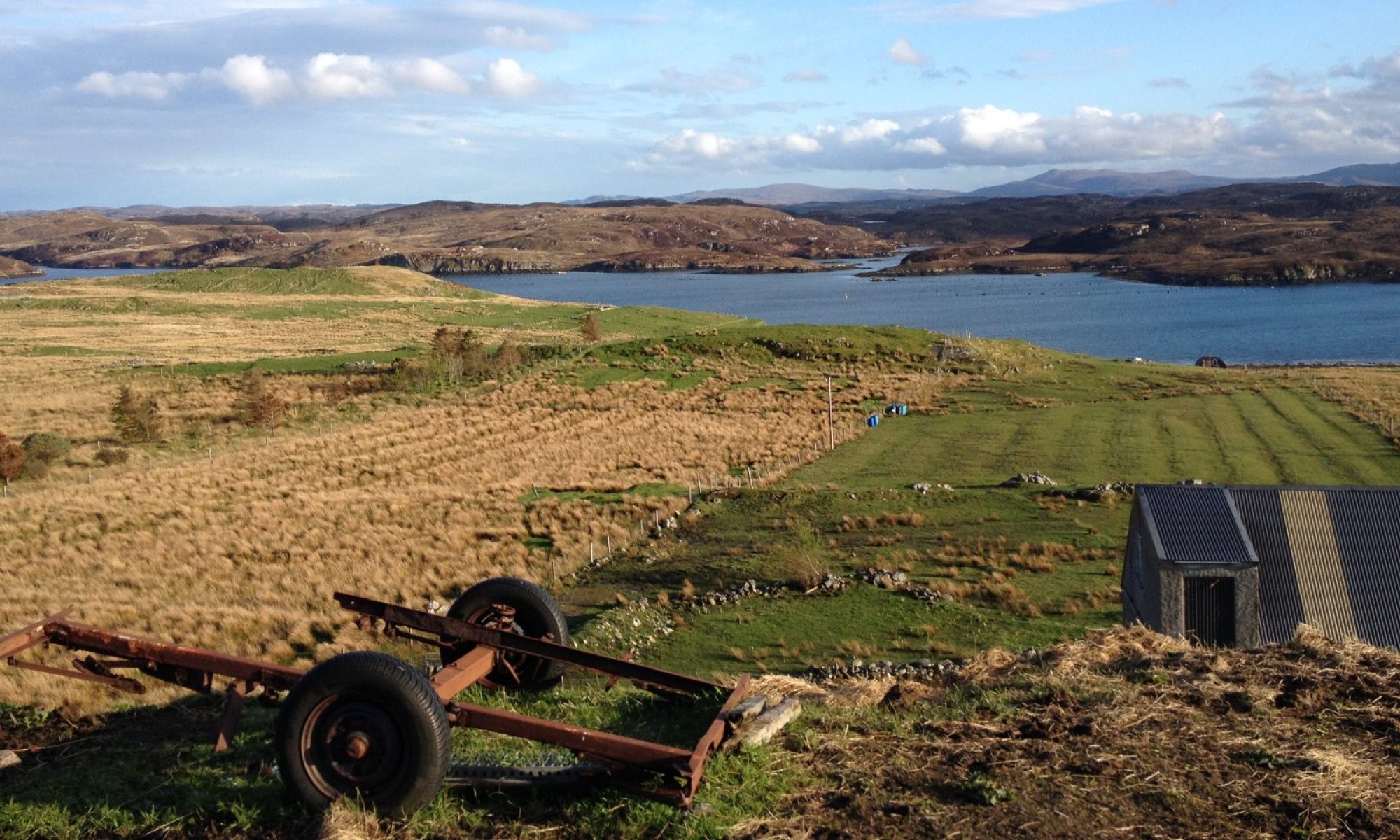For the last three weeks I have been avoiding something difficult. The three weeks I am referring to coincides with the start of my realisation that the Coronavirus was going to seriously affect all our lives. Shortly afterwards, we were all advised we must stay at home except for the list of essential things that we are now all familiar with. We also had to get to grips with a new everyday language – self isolating, social distancing, lockdown being terms that we now use almost as if they had always existed. Throughout these three weeks, I have been able to consume my time on things that needed doing, many of them generated by my volunteering role. Whenever I stopped to think, I was able to pretend that I didn’t have time to do this “difficult thing”.
So, what on earth is this “difficult thing”? Well it was writing this, the next post for my blog. I had drafted something but it became increasingly inappropriate as the whole world and our own worlds within it changed beyond all recognition. The realisation that if I was to post anything, it would need to at the very least acknowledge the new world we are all living in, began to dawn on me. Unlike many situations this new world that I mention is indeed worldwide too. Sadly, readers I know of in Australia, in New Zealand and in the USA are all facing these same challenges on top of their usual everyday demands.
Usually I try to offer some ideas to help carers to cope with the challenges they face but such ideas almost entirely escape me at the moment even though I have spoken to and exchanged emails and messages with a number of carers recently. A couple of months ago I also had a conversation with someone who was reading my blog. She said to me that she often used to think she was wrong to think or feel certain things. Because she thought she was wrong, she didn’t talk to anyone else about what she was experiencing. So, it came as a great relief to her to realise that other people think and feel the same way. It also gave her confidence knowing she was not alone. It may be that some of you in a caring role feel more alone than usual so I have decided to share some of the issues which have been shared with me.
We may be caring for someone in our own home and have lost the few hours in the week when we were able to connect with others or enjoy some activity which recharged our personal batteries; we may no longer be able to visit the one we care for and be coping with not only our own loneliness and anxieties but also anxiety for them in their isolation; we may care for someone who lives alone and our frequent visits have been curtailed and have become entirely functional related to bringing shopping or keeping their home clean for them. Our fears and worries for both ourselves and the ones we care for are likely to be magnified as we deal with the fact that many of our normal coping strategies are not available to us. Little things that might normally give us some relief and sense of ourselves – choosing tasty treats to enjoy or tempt the person we are caring for may not be possible; valuing ourselves by treating ourselves to a trip to the hairdresser; meeting a good friend for a coffee – are all unavailable to us.
Being separated from family and the grandchildren who never fail to lift our spirits is so difficult to bear. The absence of hugs and reassuring physical contact, simply not being able to be in the same room as those we love, are huge gaps in our normal lives.
Reports in the news and social media messages can feed our imagination and our fears about what might happen if we or the person we care for does contract the COVID 19 virus. Notice what triggers your fear and anxiety and try to avoid it. Limiting your exposure to news broadcasts and social media might be a simple change you can make.
Some of you may have lost their loved one recently either due to the virus or some other condition and will have been unable to share their grieving with their family and friends in the normal way.
All of these challenges are layered on top of the demanding situation carers were probably already experiencing before COVID 19 turned their lives and their routines upside down.
The only thing I can offer is to urge you to find ways of sharing how you feel with people you trust and care about. This could be by phone or things like Facetime, Zoom or Skype if you have the technology. The comments space on this blog may also offer a safe space to share your thoughts.
If none of these are possible the simple act of writing down what you are thinking and feeling can help to make it more manageable even if you tear up the paper afterwards! In a book I have just finished, Jan-Philipp Sendker wrote “Writing really does help. It helps with loneliness. It helps with fear. It helps with the melancholy of the everyday. Writing has an almost magical power – and I don’t need anything other than an empty piece of paper and a pencil.”
I am thinking of you all and promise to write again soon.
Take care and stay safe.
Elaine
